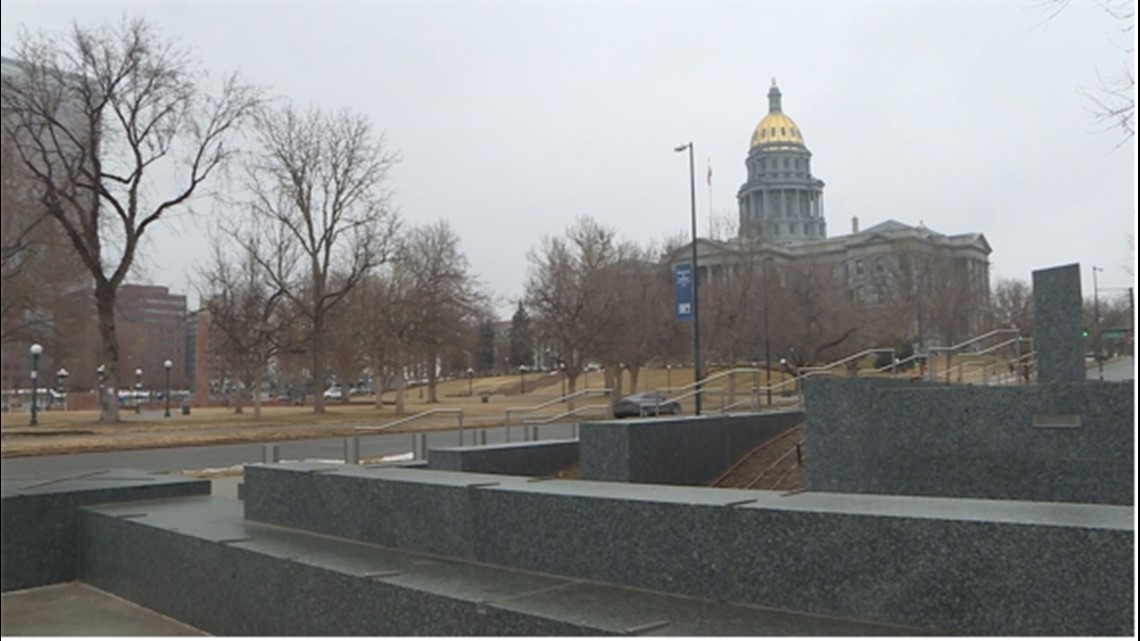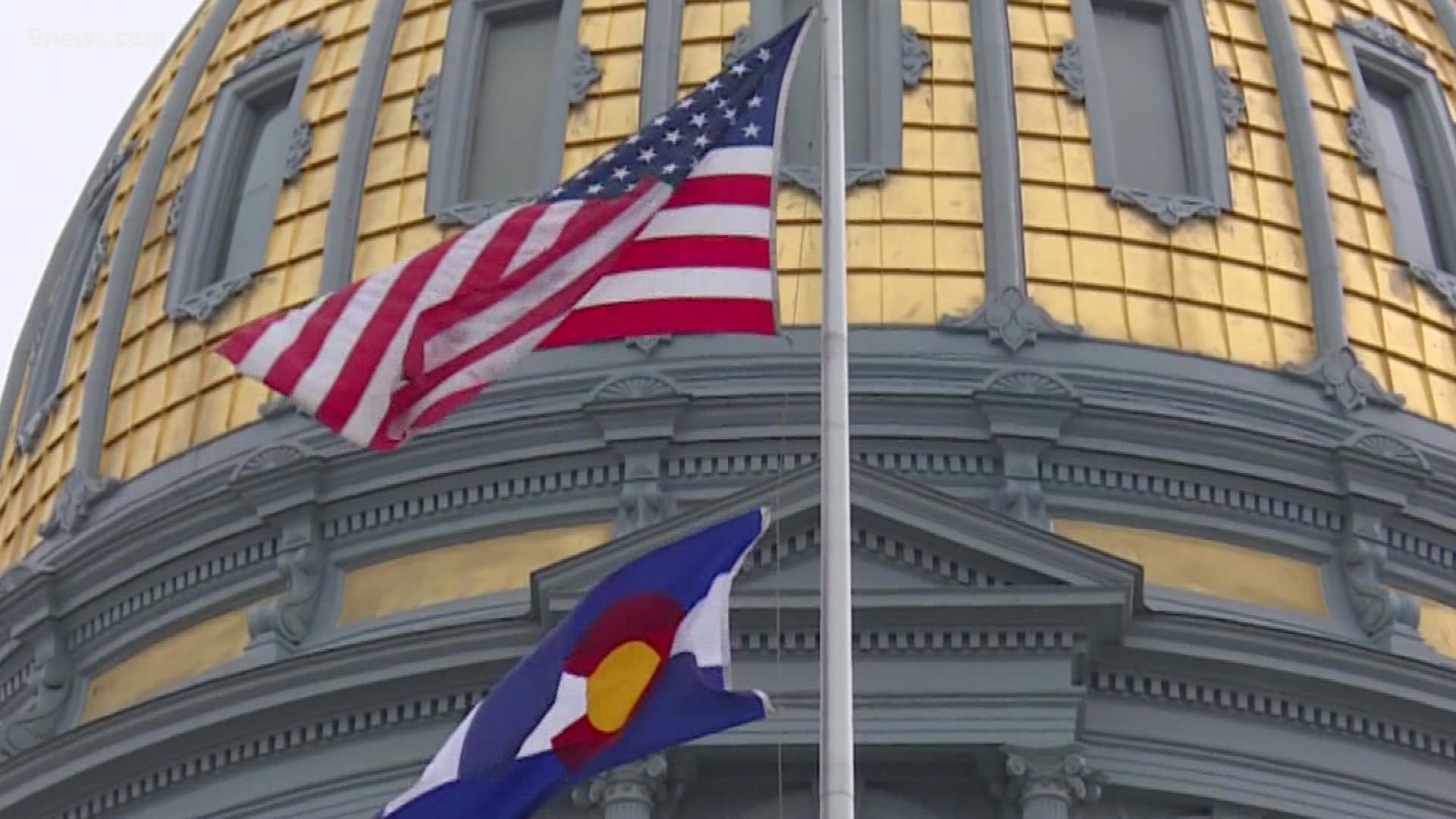DENVER — While state lawmakers work to finalize the state budget, they also work to take into account the quarterly economic reports they receive.
Those reports also shed light on the state of the economy in Colorado, and the most recent report out this week gives a glimpse into the projected future of inflation in the state.
"After remaining below the national average for all of 2021, Colorado’s inflation rate exceeded the national rate in January 2022," the report reads.
The report is presented to the state's Joint Budget Committee, and is put together by state analysts with the Colorado Legislative Council staff.
In 2022, nationally, inflation for consumers is expected to rise by 7.1% and 3.9% in 2023.
Inflation for the Denver-Aurora-Lakewood combined statistical area is forecasted at 7% in 2022 and 3.8% in 2023.
"In January 2022, headline inflation reached 7.9% while core inflation reached 7.0%. Similar to the national trend, the largest price increases occurred within energy and transportation, increasing 25% and 21%, respectively," the report reads.
Core inflation excludes food and energy prices, while headline inflation includes all products and services.
Analysts believe that the inflationary pressures have been driven by four main factors in recent months, including higher global demand for goods, supply chain disruptions, higher energy prices and the war in Ukraine.
"...It's just a combination of things that for which we don't have a really good sense of what the forecast is going to be. And that uncertainty itself tends to drive prices higher," said Stephan Weiler, an economics professor for Colorado State University and the also director of the University's Regional Economic Development Institute.


Specific to Ukraine, the report notes that the war raises risks to the inflation outlook, "...with damage to infrastructure in the area and the impact of sanctions on the global economy likely to outlast on the ground conflict."
Weiler said the notes on Ukraine in the report make sense.
"I mean, the pandemic was the same thing," he said. "It was it was uncertainty that that caused all of the prices to increase for supply chain disruptions to occur."
He added that Colorado specifically has certain 'soft spots' that may drive the local inflation rate.
"Such as housing, for instance, that you know where we are really ...we're increasing the amount that people are spending on housing," he said.
The report says the housing component of the Denver-Aurora-Lakewood area accelerated in late 2021 after remaining well below its historical average for much of 2020 and 2021.
When it comes to wages, the report reads, "While the tight labor market is producing sizable wage gains, many households are increasingly drawing down savings, as inflationary pressures are outpacing wage growth for most."
Weiler again acknowledged that wages are part of the drive for inflation.
"If you if you're a manager of a restaurant, for instance, and you've got to pay your employees a bit more, that's going to translate to higher prices for your customers," he said.
Overall, he said it's hard to project the future of inflation with so much uncertainty, but that there are a few things that could ease pressure on markets.
"I'm hopeful in the sense that, you know, that the Ukraine crisis can be settled, that oil prices will settle back down," he said. "You know that housing, I mean, housing is it is a tough one, but takes a while, but hopefully - more construction of affordable homes can can help. So, I mean, those are the kind of things that can ease these pressure on on the market. I mean, it is possible that gas prices rise. I'd like to believe it won't stay at where they are now, that those prices may actually be coming down in the in the future."
The report also found that Colorado has hit it's lowest level of unemployment since February of 2020 at 4.1%.
SUGGESTED VIDEOS: Invasion of Ukraine

